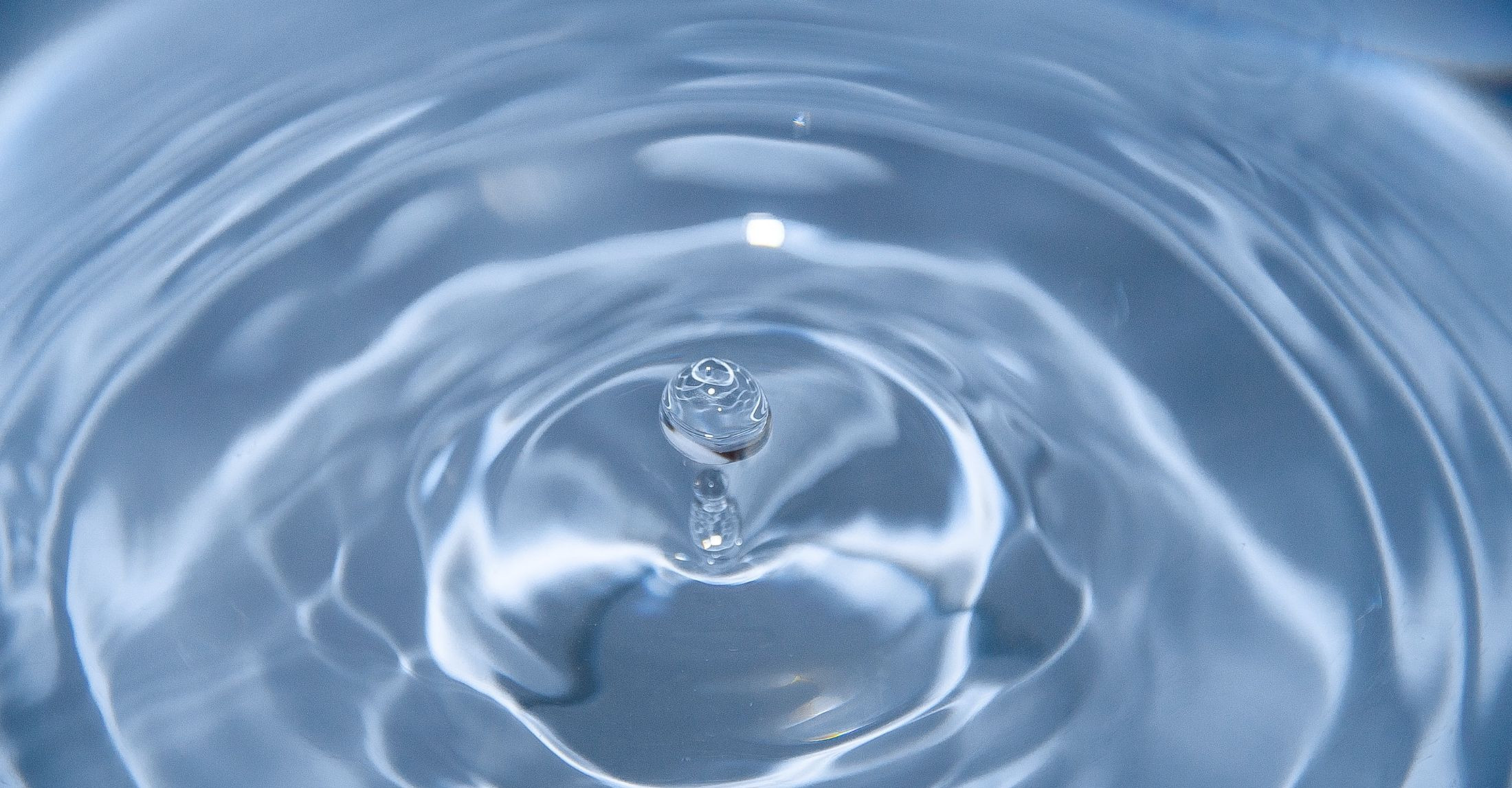Water Services Act 2021
Posted: 16 December 2021
Water has been very much in the news lately, particularly with the government’s proposed Three Waters Reform Programme. The Three Waters Reform generally deals with the transfer of water infrastructure (drinking water, wastewater and stormwater) to four new water service delivery entities.
What hasn’t been in the news as much is a very important piece of legislation with regard to water that will impact on the rural community: the Water Services Act 2021. This came into force on 15 November 2021. The purpose of this legislation is to ensure that ‘drinking water suppliers’ provide safe drinking water to consumers. Previously, responsibility for drinking water was dealt with under the Health Act 1956 but, as a result of the water contamination issues in Havelock North in 2016 and the subsequent inquiries that resulted from that, it was determined that the supply of safe drinking water was so critical that it needed its own legislation and regulator — Taumata Arowai.
What is a ’drinking water supply’?
A ‘drinking water supply’ means the infrastructure and processes used to abstract, store, treat or transport drinking water for supply to consumers or to another drinking water supply. It includes the point of supply, any endpoint treatment device and any backflow prevention device, but does not include a temporary drinking water supply or a domestic self-supply.
Who is a ‘drinking water supplier’?
The Act defines a supplier as a person who supplies drinking water through a drinking water supply but does not include a ‘domestic self-supplier’. Therefore, the legislation applies to private water schemes as well as any public water supply.
A ‘domestic self-supplier’ means ‘a stand-alone domestic dwelling that has its own supply of drinking water’. So a single farm house with its own water supply will be exempt from complying with the legislation. A large farm, however, that might supply several houses and other buildings such as woolsheds or milking sheds that have staff rooms with kitchens from the same source through a private water system, would be subject to the provisions of the Act.
Similarly there are a significant number of rural water schemes where one water source supplies several properties (particularly where there have been lifestyle-type subdivisions). Sometimes these schemes are administered by virtue of the easements that were created in the subdivision. Occasionally, however, they are administered by companies that own the water infrastructure with all the landowners being shareholders in the company and shares being transferred at the same time as the land.
Drinking water suppliers must have a plan
If the Act applies to your situation, you are required to have a multi-barrier approach to water safety including:
- Preventing hazards from entering the water
- Removing particles and hazardous chemicals
- Killing or inactivating pathogens by disinfection, and
- Maintaining the quality of water distribution systems.
Each supplier must have a water safety plan that must include elements of international best practice, be proportionate to the scale of the water supply, and be subject to risk-based auditing and monitoring by Taumata Arowai.
What to do next?
The legislation requires a drinking water supplier to register its water supply. The registration must include certain information such as the legal name and contact details of the owner, the location of the supply, the area the drinking water supplies, the estimated number of consumers, a description of the water supply and any other information required by Taumata Arowai. As usual, the application must be accompanied by the fee or levy prescribed by regulations made under the Act.
Water suppliers registered with the Ministry of Health prior to 15 November 2021 will automatically have their registration migrated to the Taumata Arowai register.
Next you must prepare a drinking water safety plan to be lodged with Taumata Arowai. You also must implement the plan and ensure that the drinking water supply is operated in accordance with the plan. You can comply with your operational obligations by employing or engaging a third party to do this for you.
If you are already registered as a drinking water supplier, you must have your plan registered before 15 November 2022.
If you are an existing supplier and not currently registered, you have until 15 November 2025 to register and until 15 November 2028 to submit your plan.
If you are a new supplier, supplying water for the first time after 15 November 2021, you must register as a drinking water supplier and register your plan before you operate your supply.
For more detailed information, Taumata Arowai has what you need here.
The Act has teeth
What all this means in practical terms is more compliance, more cost and more responsibility in relation to water supply. There are penalties for failing to comply with the Act, including some criminal offences such as recklessness or negligence in the supply of unsafe drinking water or allowing contamination of the drinking water.
As you can see, the Act has teeth and it is now incumbent on both public and private suppliers to comply with the new regime — or face the consequences.
If you need help in working your way through this new legislation, please don’t hesitate to contact us.
DISCLAIMER: All the information published in the Property eSpeaking, Commercial eSpeaking, Trust eSpeaking, Rural eSpeaking, and Fineprint newsletters is true and accurate to the best of the authors’ knowledge. It should not be a substitute for legal advice. No liability is assumed by the authors or publisher for losses suffered by any person or organisation relying directly or indirectly on this article. Views expressed are those of individual authors, and do not necessarily reflect the view of this firm. Articles appearing in Property eSpeaking, Commercial eSpeaking, Trust eSpeaking, and Fineprint may be reproduced with prior approval from the editor and credit given to the source. Copyright, NZ LAW Limited, 2026. Editor: Adrienne Olsen. E-mail: [email protected]. Ph: 029 286 3650 or 04 496 5513.
